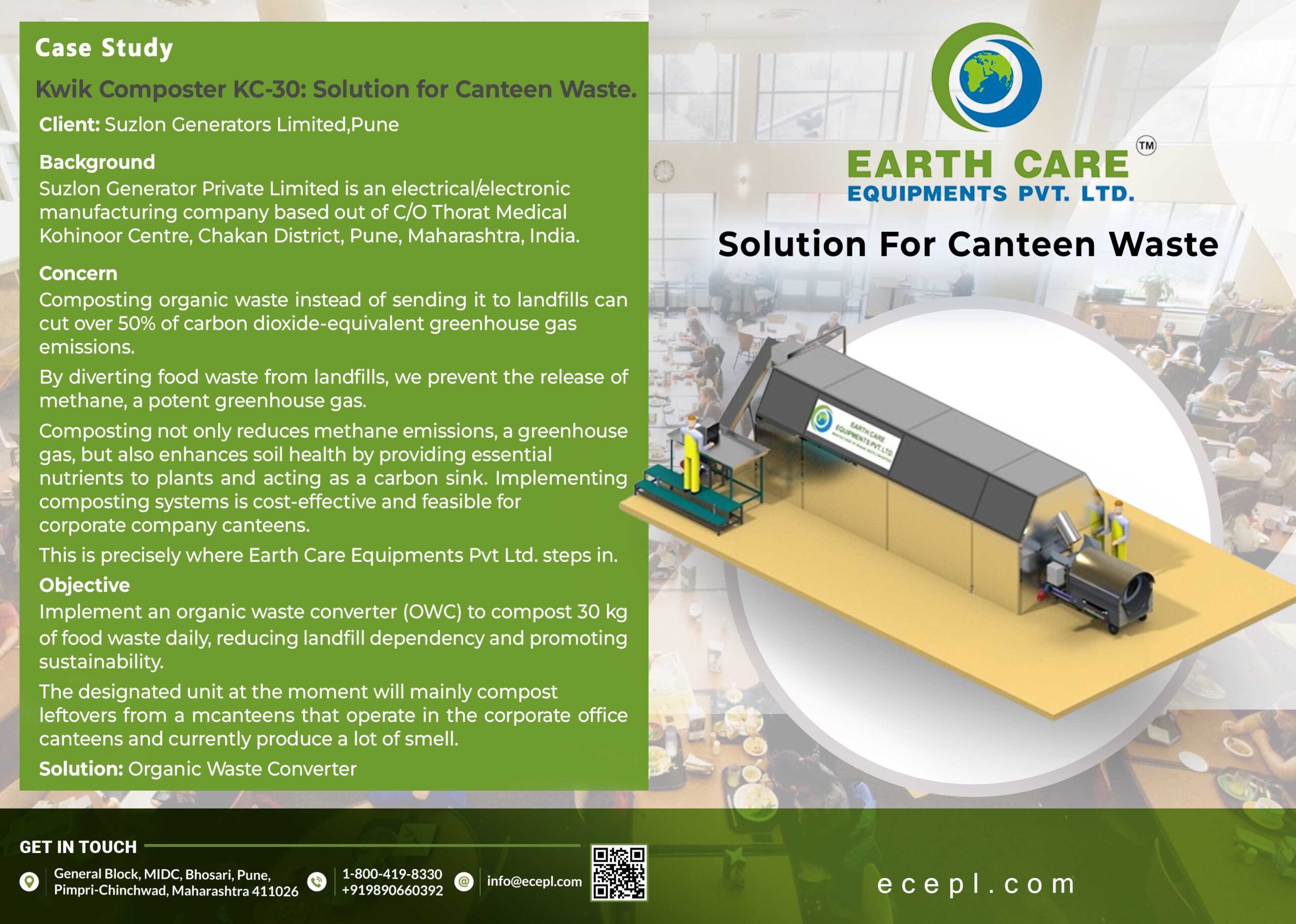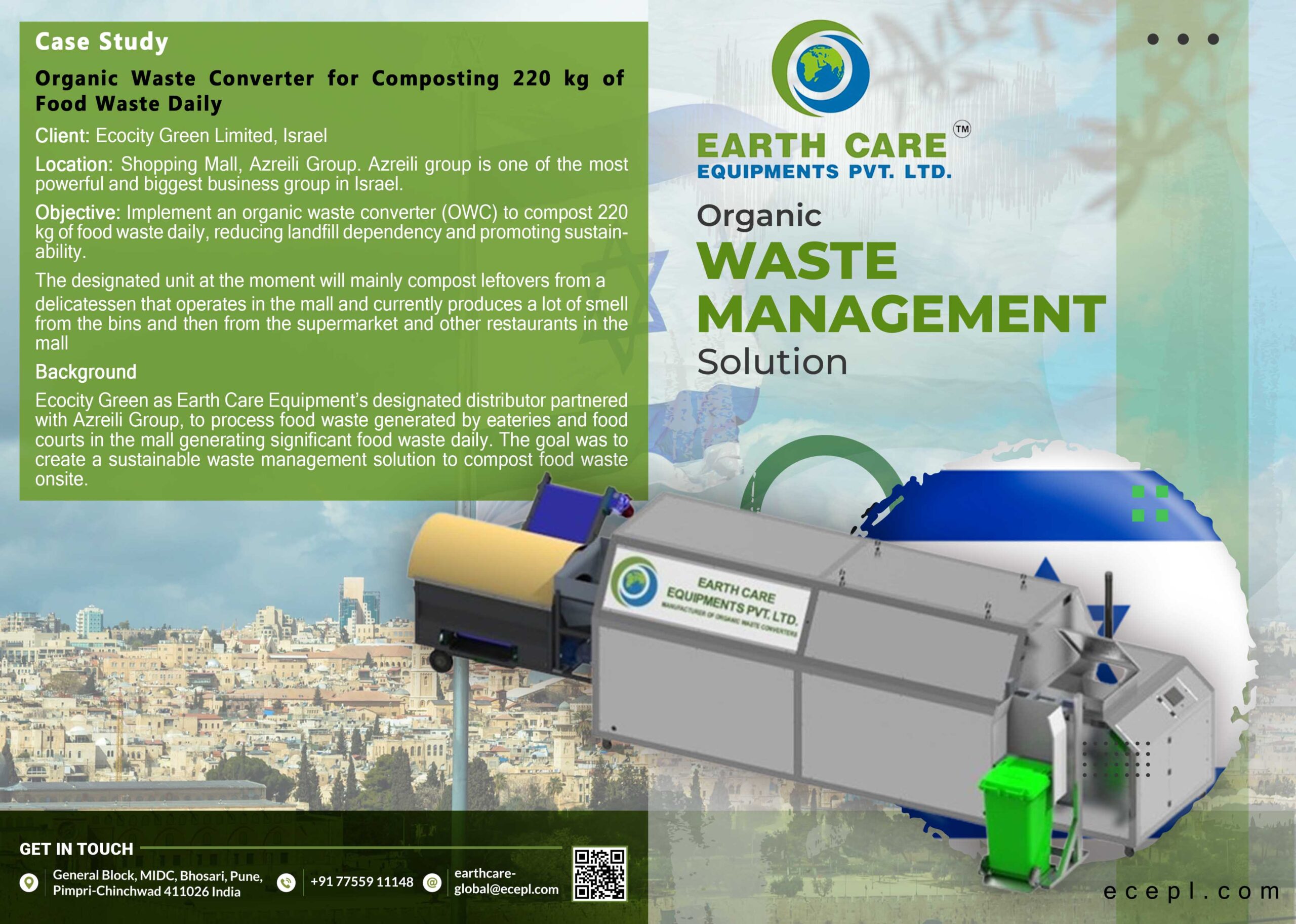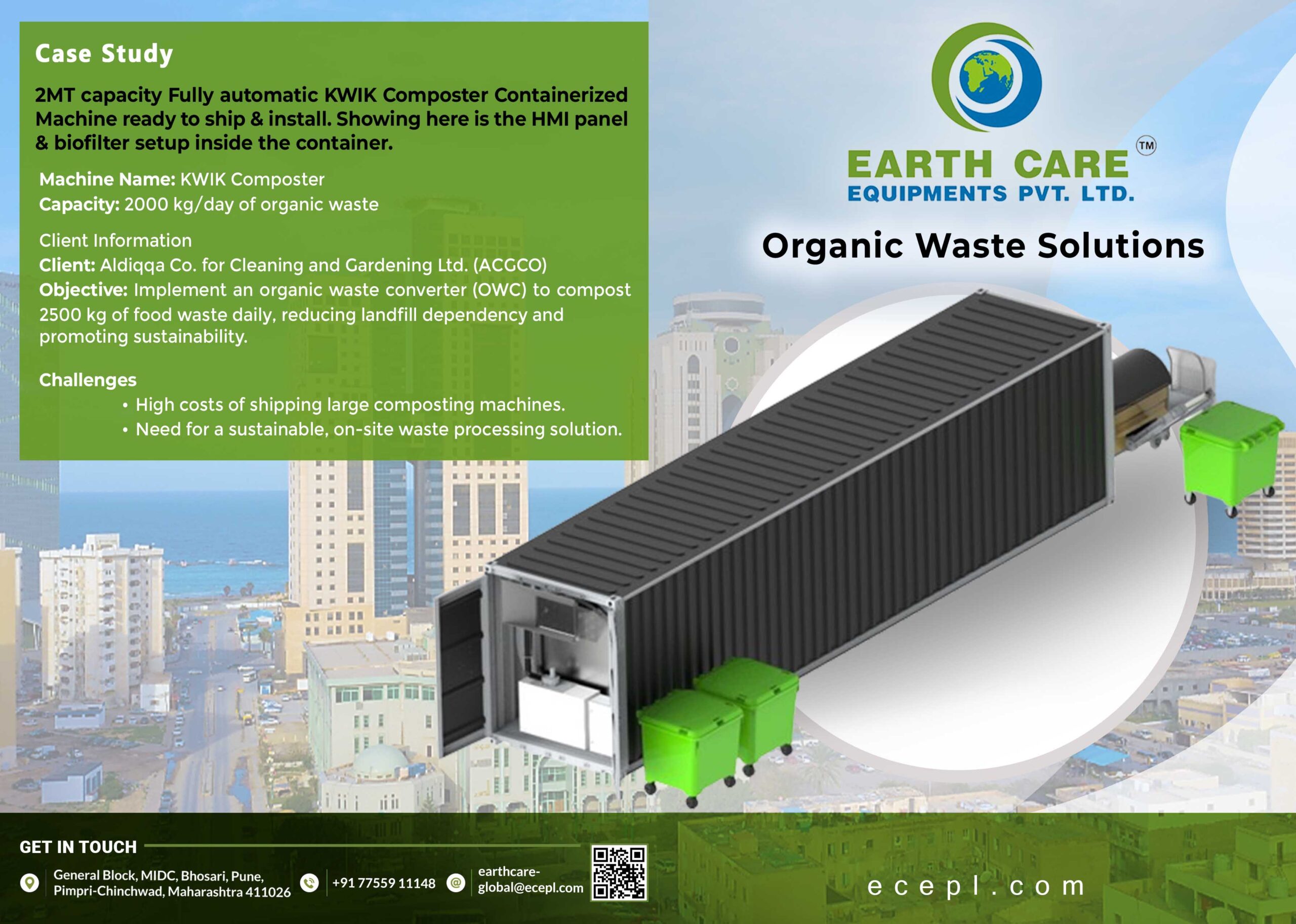
In a world grappling with environmental concerns, proper disposal of kitchen waste has become paramount. The consequences of improper disposal are far-reaching and demand attention. This article delves into the environmental ramifications of mishandled kitchen waste and clarifies the distinctions between compostable and biodegradable packaging.
The Impact of Kitchen Waste
Landfills Overflowing with Organic Waste
The prevalent practice of disposing kitchen waste in landfills contributes significantly to environmental degradation. Organic matter decomposes anaerobically in landfills, releasing methane, a potent greenhouse gas that exacerbates climate change.
Soil Contamination and Water Pollution
Improperly disposed kitchen waste contaminates soil and water sources. Leachate, a toxic liquid produced during the decomposition of organic matter, infiltrates soil and groundwater, posing serious health risks to humans and wildlife.
Loss of Biodiversity
The unchecked disposal of kitchen waste disrupts ecosystems, leading to a decline in biodiversity. Landfills encroach upon natural habitats, displacing flora and fauna and upsetting delicate ecological balances.
Role of Food Waste Converters
Enterprises like Earthcare Equipment champion sustainable waste management solutions. Their Organic Waste Converters, such as the KWIK Composter Premium (KCE), offer a systematic approach to processing kitchen waste. These machines utilize microorganism-based technology to convert organic waste into nitrogen-rich compost, mitigating the environmental impact of improper disposal.
Earthcare Equipment: Pioneering Sustainable Solutions
KWIK Composter Premium (KCE)
Earthcare Equipment’s KWIK Composter Premium (KCE) stands out as an innovative solution for organic waste management. With variants ranging from KCE 20 to KCE 2500, this fully automatic biomechanical composter efficiently processes segregated organic waste. Its inbuilt hopper, terminator, and HMI digital display enhance usability, while options for feeder and shredder systems ensure versatility.
KWIK COMPOSTER™ (KC)
The KWIK Composter™ (KC) is another flagship product from Earthcare Equipment. This fully automatic bio-mechanical composter employs sustainable microorganism-based technology to convert organic waste into nitrogen-rich compost. With proven efficiency and reliability, the KC model reduces organic waste volume by nearly 80%, addressing the pressing need for sustainable waste management solutions.
KWIK Composter Accelerator™ (KCA)
For sectors facing space and time constraints, Earthcare Equipment offers the KWIK Composter Accelerator™ (KCA). This compact organic waste converter features heaters for accelerated composting, making it a cost-effective solution for rapid waste decomposition. Despite its compact size, the KCA maintains efficiency and sustainability, catering to diverse waste management needs.
Summary
In the face of escalating environmental concerns, proper management of kitchen waste is non-negotiable. Earthcare Equipment’s range of Organic Waste Converters exemplifies a commitment to sustainability, offering efficient solutions for organic waste management. By embracing technologies like the KWIK Composter Premium (KCE) and advocating for responsible waste disposal practices, we can mitigate the environmental consequences of improper waste disposal and pave the way for a greener future.
FAQs
1. How do Organic Waste Converters contribute to environmental sustainability?
Organic Waste Converters, like Earthcare Equipment’s KWIK Composter Premium (KCE), utilize microorganism-based technology to convert organic waste into compost, reducing methane emissions and soil contamination associated with improper waste disposal.
2. Can food waste converters accommodate different types of organic waste?
Yes, food waste converters are designed to process various organic waste types, including kitchen scraps, plant matter, and biodegradable packaging materials.
3. What are the advantages of using fully automatic composters like the KWIK Composter Premium (KCE)?
Fully automatic composters offer convenience, efficiency, and scalability, making them ideal for both residential and commercial applications. Additionally, features like inbuilt hoppers and digital displays enhance user experience and usability.




